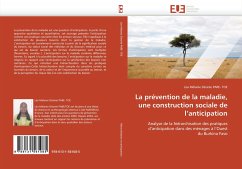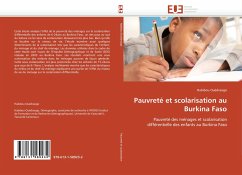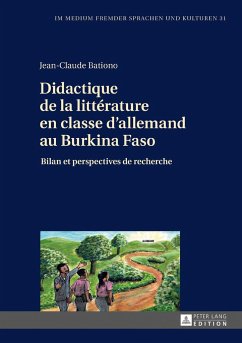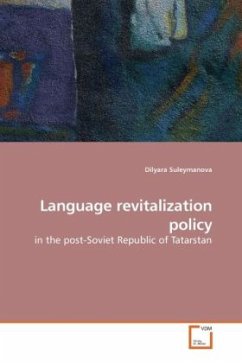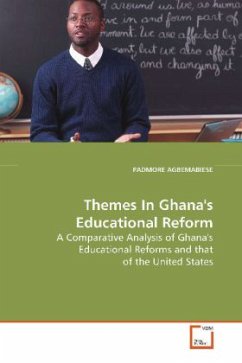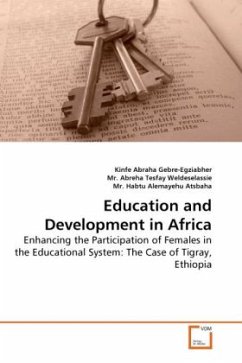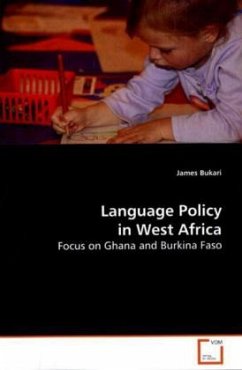
Language Policy in West Africa
Focus on Ghana and Burkina Faso
Versandkostenfrei!
Versandfertig in 6-10 Tagen
49,00 €
inkl. MwSt.

PAYBACK Punkte
0 °P sammeln!
This book provides a new perspective by examining the language policies of Ghana and Burkina Faso and supplements existing studies on language policy in West Africa. The study reports the social attitudes of Ghanaians towards the French language and whether or not there is the need for their country to adopt a pragmatic national language policy that enforces its vicarious teaching and learning in schools, as a way of linguistically empowering the country and thereby making it fully reap the economic, political and socio-cultural dividends offered by 21st century regional and global trade. The ...
This book provides a new perspective by examining
the language policies of Ghana and Burkina Faso and
supplements existing studies on language policy in
West Africa. The study reports the social attitudes
of Ghanaians towards the French language and whether
or not there is the need for their country to adopt
a pragmatic national language policy that enforces
its vicarious teaching and learning in schools, as a
way of linguistically empowering the country and
thereby making it fully reap the economic, political
and socio-cultural dividends offered by 21st century
regional and global trade. The study combines
phenomenology and naturalistic inquiry as
theoretical frameworks and uses the business tool of
benchmarking to compare the language policies of the
two countries. The methodological crowbar with which
the study is pried and crafted is a mixed design in
which qualitative and quantitative data collection
and analysis procedures are used. The study should
add to West Africa s intellectual capital and serve
as a significant reference to policy makers and
researchers in Language Policy.
the language policies of Ghana and Burkina Faso and
supplements existing studies on language policy in
West Africa. The study reports the social attitudes
of Ghanaians towards the French language and whether
or not there is the need for their country to adopt
a pragmatic national language policy that enforces
its vicarious teaching and learning in schools, as a
way of linguistically empowering the country and
thereby making it fully reap the economic, political
and socio-cultural dividends offered by 21st century
regional and global trade. The study combines
phenomenology and naturalistic inquiry as
theoretical frameworks and uses the business tool of
benchmarking to compare the language policies of the
two countries. The methodological crowbar with which
the study is pried and crafted is a mixed design in
which qualitative and quantitative data collection
and analysis procedures are used. The study should
add to West Africa s intellectual capital and serve
as a significant reference to policy makers and
researchers in Language Policy.



